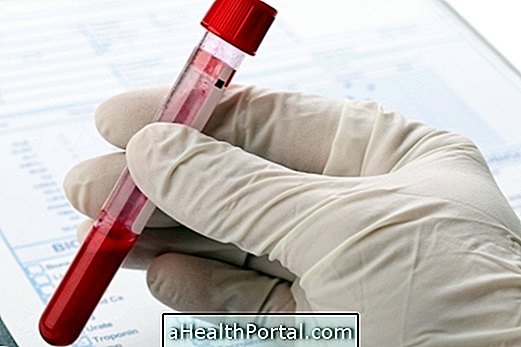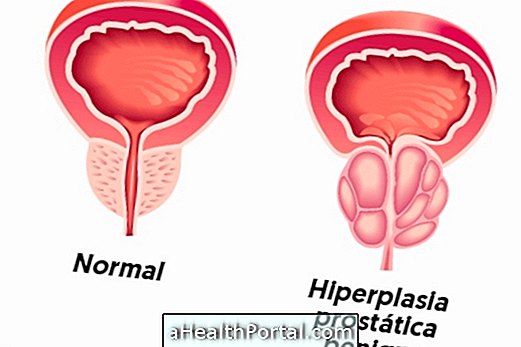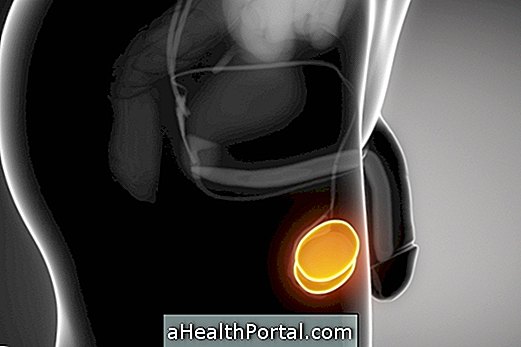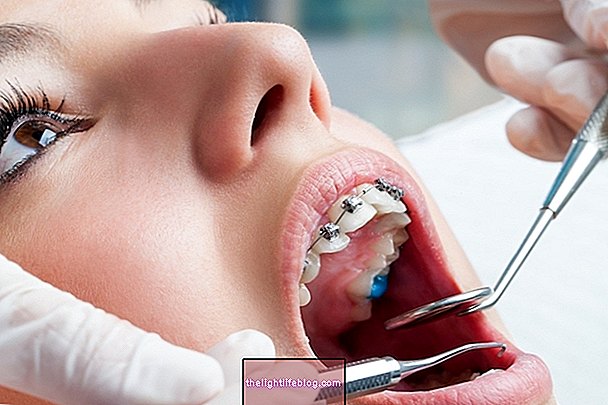The urologist is the doctor responsible for taking care of the male reproductive organs and treating the urinary system of women and men. The urologist performs diagnostic tests and prevention of diseases related to the urinary tract, such as bladder cancer and urinary infections, for example.
The urologist is responsible for treating organs such as kidneys, bladder, urethra, ureter, testicles, penis, prostate, adrenal glands and epididymis, which is a duct that collects and stores sperm.
Men should go to the urologist at least once a year for prevention tests, such as rectal examination, which is an examination done to check for changes in the prostate gland that may be indicative of prostate cancer.

What does the urologist do?
The urologist is responsible for treating some diseases such as:
- Sexual impotence;
- Premature ejaculation;
- Infertility;
- Kidney stone;
- Difficulty in urinating;
- Urinary incontinence;
- Urinary tract infections;
- Inflammation in the urinary tract;
- Varicocele, in which there is dilation of the veins of the testicle, causing accumulation of blood, pain and swelling.
In addition, the urologist performs the prevention, diagnosis and treatment of tumors present in the urinary tract, such as the bladder and kidneys, for example, and the male reproductive system, such as testis and prostate. See which are the major changes in the prostate.
When to go to the urologist
You should go to an appointment with a urologist whenever you experience symptoms involving the urinary system such as difficulty urinating, pain in the kidneys, pain during intercourse and in case of sexually transmitted diseases. Men aged 50 and older should have an annual prostate examination, even if there are no symptoms, since it is a disease with a higher incidence in men after age 50.
If there are other close family members with prostate cancer in the family, it is necessary to have an annual consultation starting at the age of 40, in which the examination of the rectal examination and others will be done with the objective of evaluating the functioning of the prostate and thus, prevent the occurrence of cancer. Find out the 6 exams that evaluate the prostate.




















